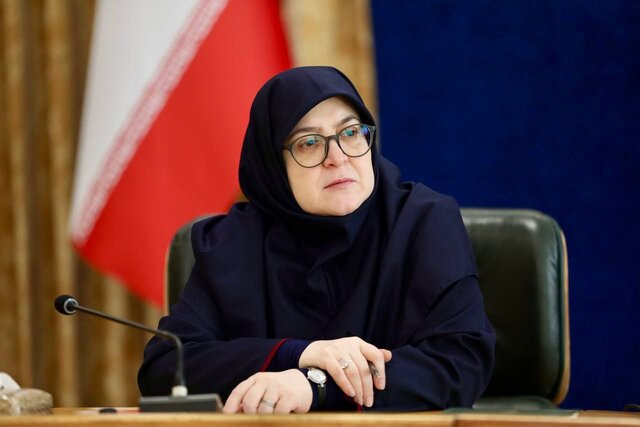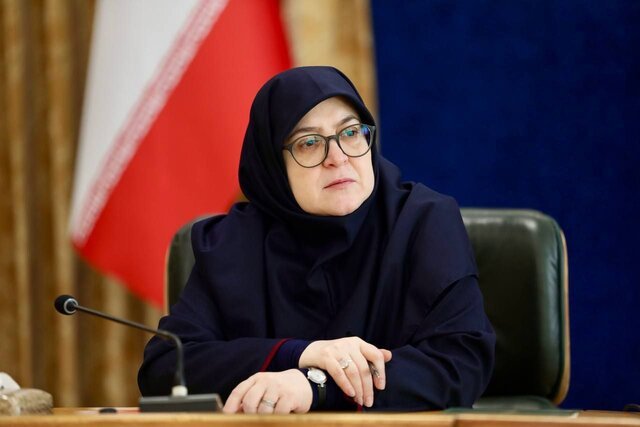Business Materials 4 February 2025 12:24 (UTC +04:00)

Photo: Iranian government information portal
Follow Trend on

BAKU, Azerbaijan, February 4. Iran’s banks have been significantly impacted by the non-ratification of two conventions from the Financial Action Task Force (FATF), said the country’s government spokesperson Fatemeh Mohajerani at a press conference in Tehran, Trend reports.
Mohajerani explained that Iran’s failure to join FATF’s two key conventions—Palermo and CFT—has created substantial difficulties for the country’s banking sector. In addition to sanctions imposed on Iran, these conventions have contributed to the challenging financial landscape.
The spokesperson emphasized that in order to resolve this issue and establish banking exchanges with countries from the Eurasian Economic Union and BRICS, Iran must prove it does not engage in money laundering, collaborate with terrorism, or finance terrorism. She added that ratifying these two conventions would allow Iran’s banks to overcome these limitations.
To note, Iran’s Expediency Discernment Council is currently re-examining the two conventions (CFT and Palermo) that have not been ratified in Iran. He explained that there are differing opinions within the country about the approval of these conventions, with some seeing them as detrimental, while others believe they align with the country’s interests.
The Financial Action Task Force (FATF) of the Organization for Economic Cooperation and Development is an intergovernmental body that regulates the rules for combating money laundering and terrorist financing. At the last meeting of this organization, Iran was warned that if the country’s program of steps is not improved, Iran may be added to the list of non-cooperative countries. Iran has complied with 37 out of 41 FATF steps.
The remaining four steps or conventions fall under the scope of the legislation. “Amendments to the Law on Combating Money Laundering,” “Amendments to the Law on Combating the Financing of Terrorism,” “Accession to the International Convention on Combating Transnational Organized Crime (Palermo),” and Accession to the International Convention on Combating the Financing of Terrorism (CFT) have been drafted by the Iranian government and sent to the parliament. Although the four conventions were approved by the parliament and sent to the Advisory Council, the CFT conventions and the Palermo Convention have not yet been approved by the mentioned council.
The G7 group founded the FATF in 1989 to address money laundering. The organization comprises 37 members, with its administration situated in Paris.
The FATF designated Iran as a high-risk jurisdiction in 2007 and enacted formal sanctions on Tehran in 2009. Consequently, nations needed to exercise prudence in financial and banking transactions with Iran. Since 2016, diplomatic initiatives have postponed the implementation of retaliatory actions on Iran.
The Financial Action Task Force (FATF) designated Iran as a non-cooperative country (blacklist) on February 21, 2020.
—
Follow the author on X: @BaghishovElnur
